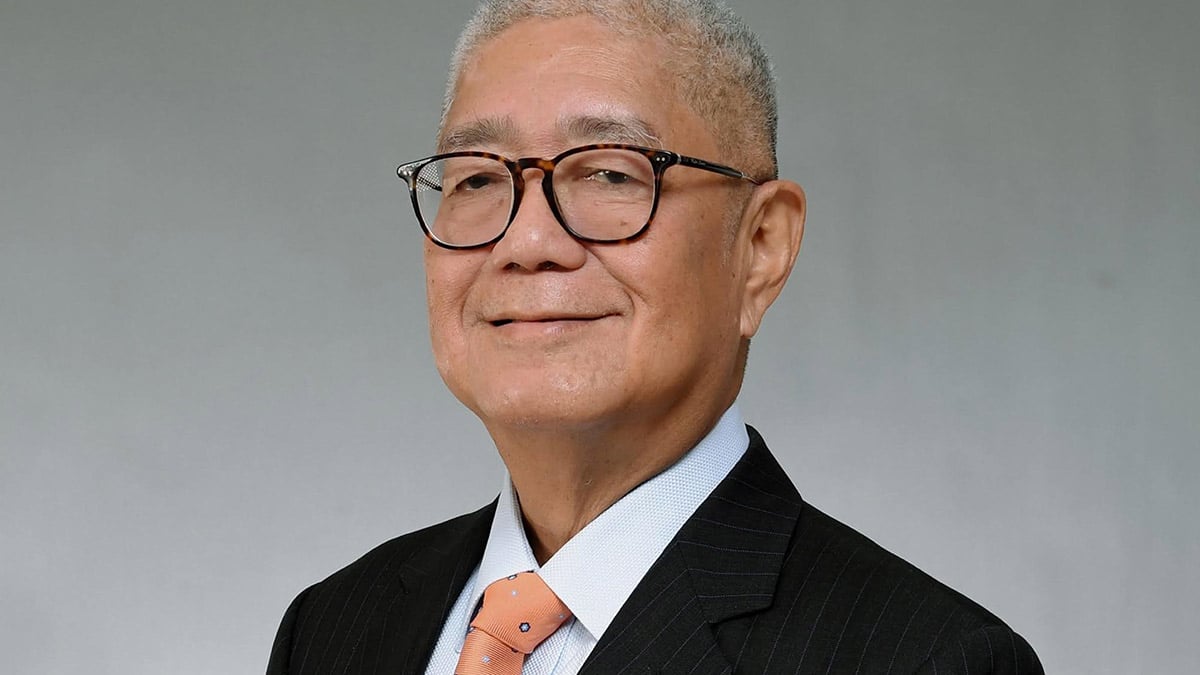
BSP Governor Eli Remolona Jr. —Photo from the BSP website
MANILA, Philippines — The Bangko Sentral ng Pilipinas (BSP) is studying the possibility of having consumers pay subscription fees to operators of digital payment platforms instead of charging service fees for each fund transfer to promote financial inclusion by lowering transaction costs.
At an event in Manila on Thursday, BSP Governor Eli Remolona Jr. said the current practice of collecting fees for electronic fund transfers was the “wrong model” to follow, saying it did not maximize the benefits of having a “bigger network” of payment system operators.
READ: Tighter digital payment rules set in March
“So that’s what we call a network externality. And we want to try to maximize that by looking at the fee structure, rely less on fees per transaction and rely more on subscriptions, which is kind of a fixed cost,” Remolona said.
“So we’re still trying to figure out how exactly to do that. We’re talking to all the participants, and we’re gonna agree on something,” he added.
Recall that the BSP wanted banks and other regulated financial firms to waive the service fee on electronic fund transfers, but only for personal transactions and payments to microbusinesses, as it doubled down on its efforts to transform the country into a cash-lite economy.
Figures from the BSP showed current InstaPay fees for individual transactions ranging from as low as P8 to as high as P75, while PESONet transfers could cost between P8 and P600 for consumers.
Consultation
The BSP has already started gathering comments from stakeholders on this proposal. Under a draft circular that the central bank released late last year, small fund transfers would be free of service charge as long as they are within the thresholds set by the BSP.
But it appears that some players in the payments industry did not agree with the proposal of the regulator.
In the same event, Remolona said the BSP had received complaints from banks about the possibility of large-value fund transfers being split into small amounts by users who want to avoid paying the transaction fees.
But the BSP chief argued that “there’s some more fundamental issue” in the local payments system that the regulator wanted to address with industry participants.
“We are looking to payments as a pathway toward financial inclusion,” he said.

